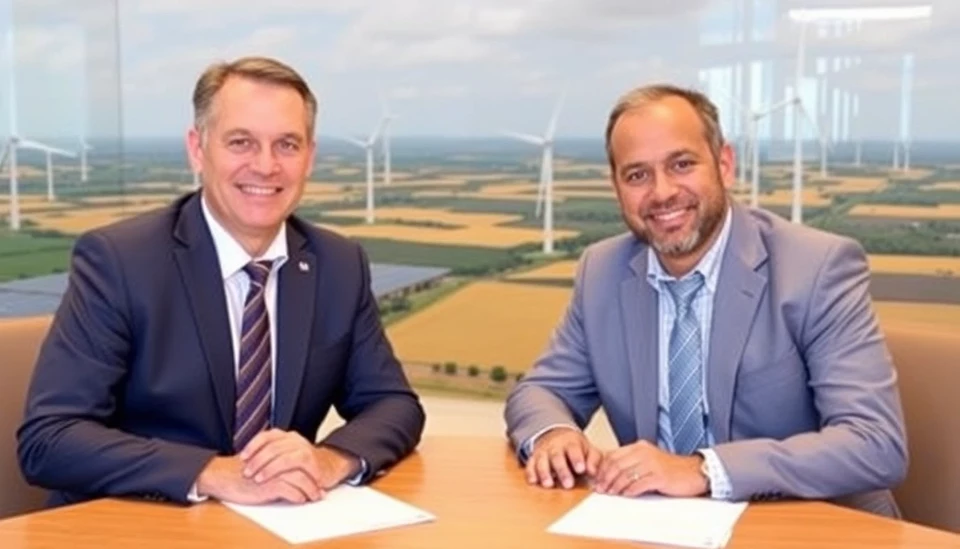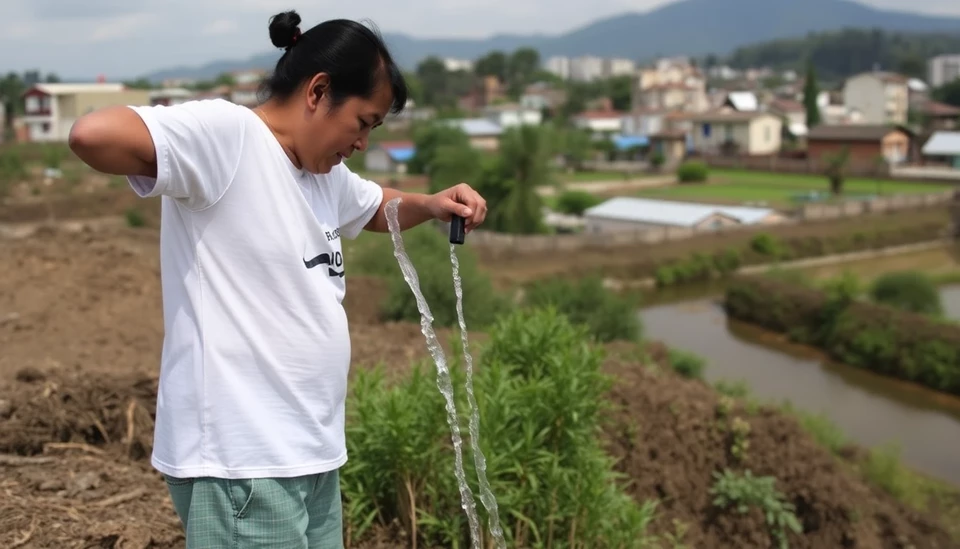
Colombia's ambitious climate initiatives are being tested by a surge in liquefied natural gas (LNG) imports. President Gustavo Petro, known for his commitment to transitioning the country towards renewable energy, faces significant challenges as the nation increasingly turns to fossil fuels to meet its energy needs. This shift poses a dichotomy where immediate energy demands conflict with long-term environmental goals.
As Colombia grapples with its energy crisis, exacerbated by droughts that have hindered hydroelectric power generation, the government has opted to boost LNG imports. The reliance on gas, despite its relatively lower carbon emissions compared to coal, raises questions about the integrity of President Petro's climate promises. The country, rich in biodiversity and with significant carbon sink potential due to its forests, stands at a crucial juncture where energy policy could impact its ecological commitments.
Petro's administration is under scrutiny as critics argue that the reliance on LNG contradicts Colombia's pledge to reduce greenhouse gas emissions. The increased imports are seen as a means to tackle immediate energy shortages, but they could undermine the progressive energy reforms that Petro has championed since taking office in August 2022. Environmentalists warn that this move could lock Colombia into continued fossil fuel dependence that may obstruct the transition to a greener economy.
Moreover, the electricity crisis has forced the government to take a more pragmatic approach, leading to a delicate balance between meeting urgent energy needs and pursuing sustainability. The transition to LNG has been framed as a necessary step to avoid blackouts, but the long-term implications could jeopardize the country's ability to fulfill its climate pledges.
The Petro administration's climate strategy intends to phase out coal and push for renewable alternatives, but the immediate allure of LNG as a relatively cheaper energy source is proving hard to resist. Concerns arise over how this energy choice aligns with Colombia's commitments under international treaties aimed at combating climate change. The president's supporters see the current LNG imports as a short-term solution, but detractors warn about the risk of establishing a dependency on gas imports that could stifle future green initiatives.
As Colombia continues to import LNG, there’s a pressing need to find a balance that does not compromise the ecological integrity of the nation or its international climate obligations. The Colombian government is in a pivotal position to redefine its energy policies that could stabilize the grid while promoting sustainable sources. However, achieving this will require navigating complex political landscapes and enduring criticisms that may arise as the country transitions through this period of uncertainty.
In summary, while Colombia’s short-term energy strategies might provide immediate relief, they pose significant risks to President Petro's broader climate vision. The future of the nation's energy independence, environmental integrity, and commitment to climate action remains at a crossroads.
#Colombia #LNGImports #GustavoPetro #ClimateChange #RenewableEnergy #EnergyCrisis #Sustainability
Author: Samuel Brooks




